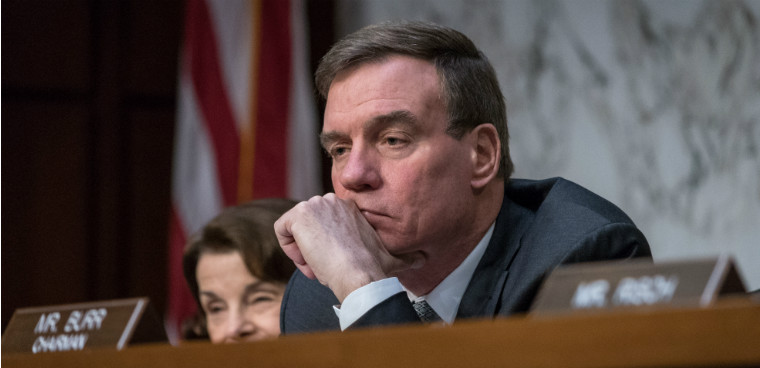Warner seeks answers from FBI, EPA on Florida water utility breach

The top lawmaker on the Senate Select Committee on Intelligence today sent a letter to the agencies asking for a clearer picture of how hackers attempted to poison a Florida community's water supply and what is being done to prevent a future attack.

The chairman of the Senate Select Committee on Intelligence is calling on the FBI and the Environmental Protection Agency to provide more information about the cybersecurity breach at a Florida water utility earlier this month.
Hackers on Feb. 5 sought to add dangerous amounts of lye to potable drinking water at a treatment facility in Oldsmar, Fla. The Cybersecurity and Infrastructure Security Agency said in an advisory notice last week hackers were able to gain control of the facility through a desktop sharing application and exploiting vulnerabilities in the Windows 7 operating system, which Microsoft has stopped supporting.
"This incident has implications beyond the 15,000-person town of Oldsmar," Sen. Mark Warner (D-Va.) wrote in a letter to top officials at both agencies. "While the Oldsmar water treatment facility incident was detected with sufficient time to mitigate serious risks to the citizens of Oldsmar… future compromises of this nature may not be detected in time."
The senator is asking the agencies for an update on the investigation's progress, the EPA to review whether the treatment facility was compliant with the "most recent Water and Wastewater Sector-Specific Plan" as well as whether that plan needs to be updated.
The plan Warner is referring was created by the Department of Homeland Security and the Environmental Protection Agency in 2015 to outline the oversight of public water utilities and provide a blueprint for how they can strengthen their physical and cyber infrastructure.
Warner wants the agencies to confirm the government is "sharing timely threat information related to this incident with water and wastewater facilities, and other critical infrastructure providers across the United States," according to the letter.
The senator's letter also points out the attack highlights "broader security weaknesses" within the industrial control systems used by public utilities and the government in general.
Bryson Bort, a cybersecurity fellow at the R Street Institute, told FCW the problem of government systems using outdated operating systems, like the Oldsmar facility did, is probably "widespread."
Industrial control systems are "built for a long operational lifecycle and the devices and software were developed on the [operating system] that was available at the time. As an OS goes end of life/unsupported, there is oftentimes no way to even provide an upgrade or a patch," Bort said.


